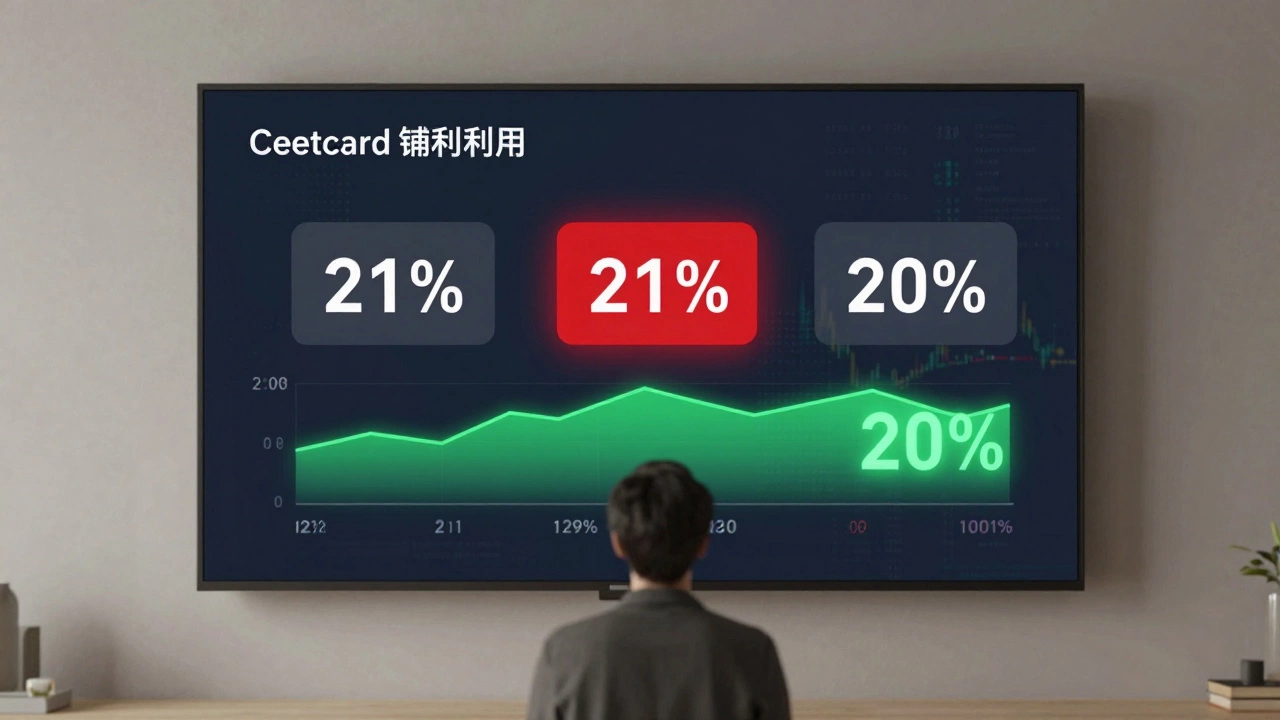Credit cards are everywhere, but most people only use a fraction of what they can do. Whether you’re hunting for a rewards card, trying to boost a 700‑plus score, or just want to stay out of debt, the right know‑how can save you money and headaches.
Score matters. A 700 score lands you solid everyday cards, while hitting 800 or even 825 opens the door to premium offers with lower rates and richer perks. The 825 club is tiny, but even moving from 720 to 750 can shave points off interest on a new card. Lenders look at your score first, so knowing where you stand helps you pick cards you’ll actually get approved for.
American Express often shows up in conversations about high‑end cards. Amex cards can give travel credits, dining points, and strong purchase protection, but they also tend to carry higher annual fees. If the perks line up with your spending habits, the fee can be worth it; otherwise, a no‑fee Visa or Mastercard might serve you better.
The 2‑3‑4 rule is a simple trick: before applying for a new card, make sure you’ve had the last two cards for at least three months and that you’ve kept your credit utilization under 30 %. Following it keeps your score steady and improves approval odds.
Zero balances look good, but they can also hide a missed chance to show responsible usage. Keeping a small balance and paying it off each month proves you can manage debt without paying interest. If you’re tempted to cancel a card you barely use, think twice. Closing accounts can shrink your average age of credit and raise utilization, both of which can ding your score. Sometimes it’s smarter to just stop using it and let it sit open.
A common trap is signing up for multiple cards to chase bonuses and then losing track of payments. The result is missed due dates, higher utilization, and a sudden dip in your score. Set a reminder, automate at least the minimum payment, and only apply for a new card when you have a clear goal, like a travel bonus or a lower APR.
At the end of the day, the golden rule is simple: pay the full balance each month. Doing so avoids interest, builds a positive payment history, and keeps your credit score climbing. Pair that with a clear view of your score level, a realistic choice of cards, and a disciplined approach to applications, and you’ll get the most out of every credit card you own.

The 20% credit card rule helps you maintain a strong credit score by keeping your total credit utilization below 20%. Learn how to apply it, why it works better than the old 30% rule, and real ways to fix your utilization today.

0% APR credit cards seem like a dream, but hidden fees, penalties, and high interest after the promo make them dangerous. Here’s why they often trap people deeper in debt.

Discover the #1 credit card for Australians in 2025, its rewards, fees, and how it compares to top alternatives.

Learn how canceling a credit card affects your credit score, which factors matter most, and steps to minimize any hit.

Trying to figure out if an Amex card is worth signing up for? This article breaks down the perks, fees, and real-life experiences of owning an American Express card. You’ll get useful facts, honest tips, and details that matter most for everyday spending. Perfect for anyone trying to decide if Amex fits their wallet and lifestyle. It’s straightforward, no sugar-coating, and full of advice you can actually use.

Ever wondered just how rare an 825 credit score really is? This article breaks down what it means to hit that number, who usually manages to get there, and what doors it can open for you. We'll talk about how lenders see you, why it matters for credit cards, and some tips to help you climb into this elite group—even if you're not quite there yet. You'll also see how having a high score actually affects your daily life beyond just getting loans. Curious if it's worth the effort? We've got you covered.

Wondering how common a 700 credit score really is? This article breaks down what having a 700 credit score means, how many people actually hit this number, and why it matters for things like credit cards and loans. Expect clear numbers, relatable advice, and a few surprises that might change how you look at your credit. Whether you’re working towards 700 or already there, you’ll find out where you stand and how to step up your credit game. By the end, you’ll know exactly what a 700 credit score unlocks and how to use it to your advantage.

Ever heard of the 2 3 4 rule for credit cards? It's one of those insider tricks you might not find on the first page of Google, but it can save you loads of headaches if you like comparing or applying for new cards. This article unpacks what the rule is, where it comes from, and how it can protect your credit score while boosting your chances of approval. You'll get practical tips, real-world examples, and a smarter approach to picking your next card. If you're juggling different offers, this is worth your time.

A credit trap is the hidden pitfall many fall into when using credit cards. This article breaks down how credit traps work and why they're so easy to fall for. You'll get real-life examples, practical tips to avoid getting stuck, and eye-opening facts about how credit can spiral out of control. Read on to learn how you can make smarter, safer choices with your credit cards. It’s all about staying one step ahead and not letting debt sneak up on you.

A credit score of 800 or more is a rarity, but understanding what it takes can help you reach this elusive goal. Achieving such a score opens doors to better credit card offers and lower interest rates. From spending habits to payment history, it's essential to know what lenders look for. We explore practical tips and the lifestyle adjustments needed to potentially join this elite group.

Carrying a zero balance on credit cards can influence your financial health and credit score in surprising ways. While it seems straightforward to avoid debt, the credit implications can be complex. This article explores the pros and cons of keeping zero balances and provides practical strategies for maintaining healthy credit habits. Understanding these dynamics is crucial for anyone aiming to manage credit cards effectively.

Deciding whether to cancel a credit card or just stop using it can significantly impact your financial health. This choice can influence your credit score, affect your budgeting strategies, and save or cost you money. By examining the benefits and downsides of each option, you can make a more informed decision. Understand the effects on credit utilization, account age, and possible fees associated with each course of action. This guide aims to help you consider all aspects before making a decision.